Year: 2024
-
National Treasure – Israel Style
We read in the Hebrew Bible that King Nebuchadnezzar of Babylon came to Jerusalem and “carried off all the treasures of the house of the Lord and the treasures of the king’s house” (2 Kings 24:13). The question of what happened to those treasures afterwards has been a subject of fascination ever since. In a…
-

The Refiner’s Fire
“Was the refiner’s fire hot?” my stake president (SP2) asked me on the night he came over to give me my release a little less than a year ago. This was a bit of a surprise since it was at 4.5 years, but SP2 explained that they were reworking the boundaries. His question was in…
-
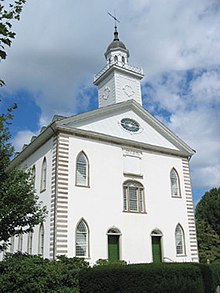
The Church Now Owns the Kirtland Temple
As I’m sure everybody is now aware, the Church now owns the Kirtland temple. A few drive-by-thoughts. I looked at the Community of Christ’s financials and posted about what I saw as the inevitable result of their situation (selling off additional properties, perhaps including the Kirtland temple) back in September of 2021, and that was shortly followed…
-
Not Really Bishop Material
So Jonathan invited me to come do some guest posting over here, and we talked a bit about some matters related to the series I’d started over at the JI. When Jonathan invited me to share some of the material here, I had a whole lot of ideas. We’ll see where this goes, but by…
-

“La Obra Ya Empieza”
“La Obra Ya Empieza” was one of the original hymns included in the 1907 Himnario Mormón (the first Spanish-language hymnbook in the Church). Written by the prolific hymn-writing colonist Edmund Richardson, it was originally a text with no tune specified for singing. In the 1940s red hymnbook, it appeared with an unidentified tune for the…
-
Cutting-Edge Latter-day Saint Research, February 2024
Rappleye, Neal. “The Nahom Convergence Reexamined: The Eastward Trail, Burial of the Dead, and the Ancient Borders of Nihm.” Interpreter: A Journal of Latter-day Saint Faith and Scholarship 60 (2024): 1-86.
-
Missions and memory
People keep asking me for proof that the irritating tics in Mormon writing I’ve mentioned actually exist. In that respect, Taylor Kerby’s post over at BCC is useful in a couple of ways.
-

My Religious-Themed Required Reading List, Part III
The Price We Paid, by Andrew Olsen For how legendary (in both a good and bad sense) the Willy and Martin handcart companies are in our collective consciousness, it was good to read a scholarly work on the subject. Oxford Translation of the Bible Everybody should read a solid non-KJV translation (and one that doesn’t…
-
On John A. Widtsoe
John A. Widtsoe was an influential apostle and theologian in the Church who came from a scientific background. In a recent interview at the Latter-day Saint history blog From the Desk, biographer Thomas G. Alexander discussed the life and contributions of this apostle-scientist. What follows here is a co-post to the full interview.
-

My Religious-Themed Required Reading List, Part II
A Celestial Library One of the advantages of homeschooling is that you have the bandwidth to fine-tune your children’s reading and media diet on a level that would be very difficult to pull off if they were gone for half the day. I’ve read quite a bit in my day (although I’m not currently reading…
-

My Religious-Themed Required Reading List, Part I
Depiction of an LDS temple/library combination. One of the advantages of homeschooling is that you have the bandwidth to fine-tune your children’s reading and media diet on a level that would be very difficult to pull off if they were gone for half the day. I’ve read quite a bit in my day (although I’m…
-
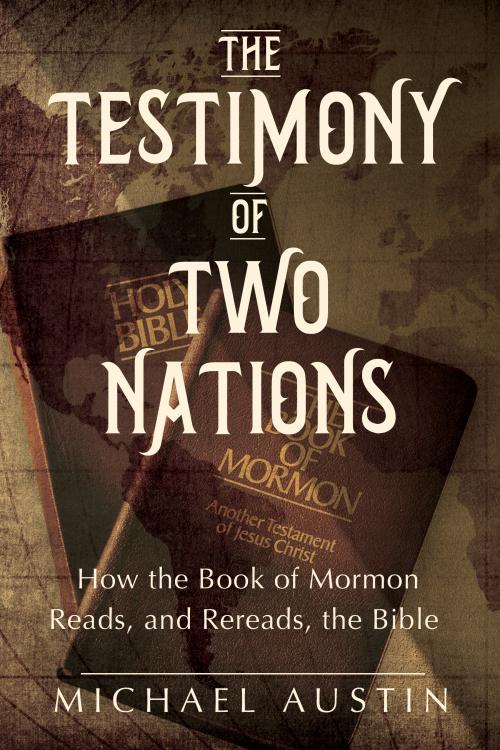
The Testimony of Two Nations: A Review
The Testimony of Two Nations: How the Book of Mormon Reads, and Rereads, the Bible by Michael Austin (University of Illinois Press, 2024) is a delightful and insightful venture into the ways in which the Book of Mormon interacts with the Bible.
-
“I Am” Statements of Jesus in the Book of Mormon
When Moses was called by YHWH, he asked the Lord, “when I come unto the children of Israel, and shall say unto them, The God of your fathers hath sent me unto you; and they shall say to me, What is his name? what shall I say unto them?” In response, YHWH said, “I Am…
-

A Book Announcement
I’m excited to announce that I have a book about the Doctrine and Covenants that is scheduled to be published by By Common Consent Press this December!
-
Stuff Wrong with LDS Writing
[Apologies to Jonathan Green] When everything is a Temple Text, nothing is a Temple Text.
-

What do Members and Former Members Believe About God? Insights from the B.H. Roberts Foundation’s Current and Former Latter-day Saint Survey
A guest post from Josh Coates and Stephen Cranney This is one of a series of posts discussing results from a recent survey of current and former Latter-day Saints conducted by the BH Roberts Foundation. The technical details are in the full methodology report here. In the 2023 CFLDSS we asked the standard question about…
-

“Tened en Dios Confianza”
I have not been able to find out much about “Tened en dios confianza,” nor about its author, José V. Estrada G. On a more personal note, however, this was the first hymn that I worked with when I started contemplating the Mexican Mission Hymns Project around six years ago. The original music for the…
-
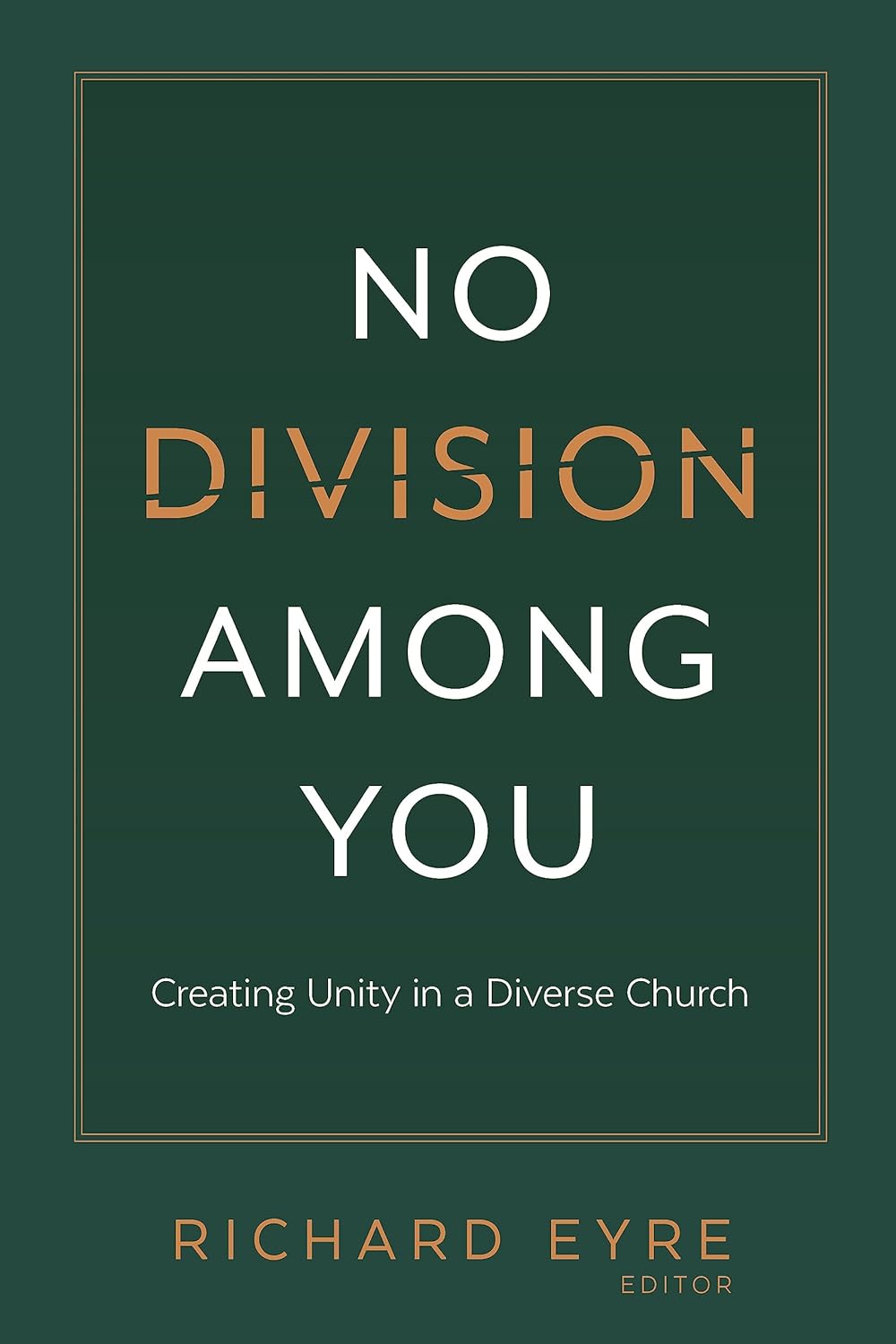
No Division Among You: A Review
No Division Among You: Creating Unity in a Diverse Church, ed. Richard Eyre (Deseret Book, 2023) is a beautiful book in its intentions and efforts. The book is a collection of 14 essays that discuss ways to view the need for unity while embracing diversity. Each essay is by a different author, bringing in diverse…
-

In Defense of Missionary Numbers
There’s a fun thing people do with Dalle where they have it create an image with a certain descriptor, then continually ask it to make it “even more X.” In this case I asked it to create a righteous-looking missionary, then asked it to be even more righteous, then even more righteous, etc. After six…
-
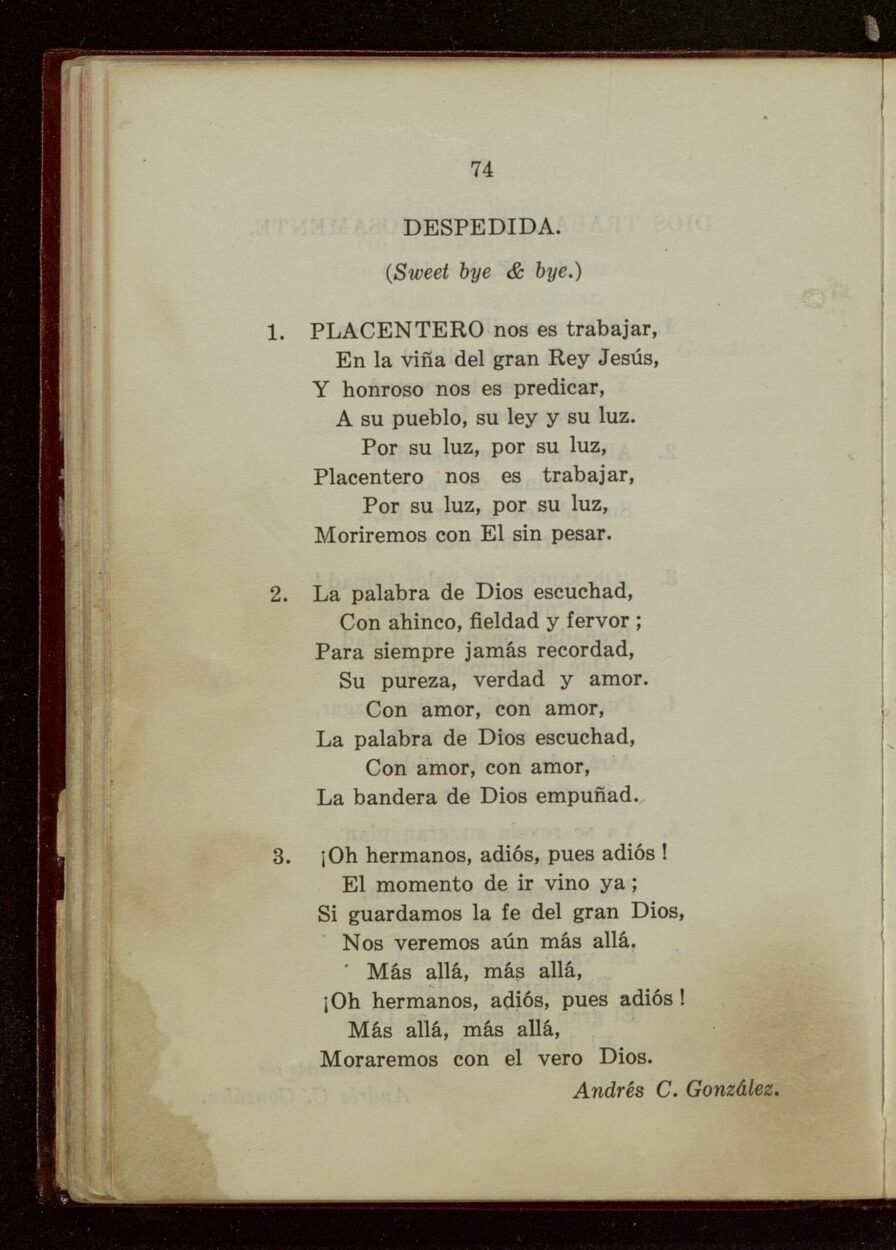
“Placentero nos es trabajar”
“Placentero nos es trabajar” or “Despedida” is one of the more popular hymns that is included in Latter-day Saint hymn books, written by a Latter-day Saint, but not in the English hymnal at this time. Hence, I’ve been consistent in pointing it out as a likely candidate for inclusion in the forthcoming hymnal. While I’ve…
-

Hymnal Watch: February 2024
A YouTube channel called “For All the Saints” recently interviewed Ray Robinson—a member of the team that is creating the new hymnbook. There were several notable observations made by Robinson that I want to highlight:
-
Everything wrong with Mormon writing (I)
Collectivize the ignorance, individualize the enlightenment.
-

Latter-day Saint Book Review: A Life of Jesus, by Shusaku Endo
A Life of Jesus is an introduction to the life of Christ by renowned Catholic Japanese novelist Shusaku Endo, the author of Silence, a book set during the early persecutions of Christians in Japan. Much of Endo’s work revolves around the tensions of being a Catholic in a very non-Christian country, and this book was written…
-
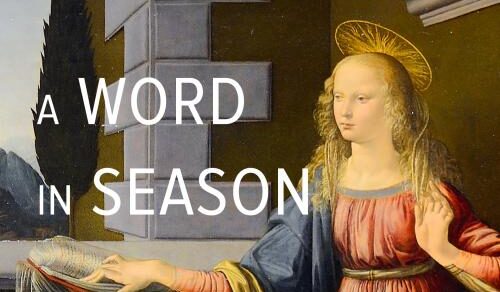
A Word in Season: Isaiah’s Reception in the Book of Mormon (A Review)
A Word in Season: Isaiah’s Reception in the Book of Mormon by Joseph M. Spencer (University of Illinois Press, 11/21/2023) is a scholarly exploration into the interplay between the biblical prophet Isaiah and the narrative fabric of the Book of Mormon
-
Cutting-Edge Latter-day Saint Research, January 2024
Jindra, Ines W., Jenna Thompson, and Nicholas Evans. “Experiences of leaving ‘high-cost’ religious groups and the concept of the ‘biographical trajectory’: relevance for social work.” Journal of Religion & Spirituality in Social Work: Social Thought (2024): 1-26.
-

If Everybody is a Leader No One is a Leader
“Followers of God” Anecdotally it seems that 21st century society is obsessed with “leadership.” Students are encouraged to be leaders, we are raising a generation of leaders, and leadership is considered a virtue up there with honesty and hard work. This sentiment has always struck me as being a little Ponzi-scheme-ish. Quite simply, by definition…
-

Counterpoint: Receiving Change with Grace and Gratitude
I only truly disagree with Jonathan on one point from his recent post about the new hymnal, and it’s probably not the part you would expect.


